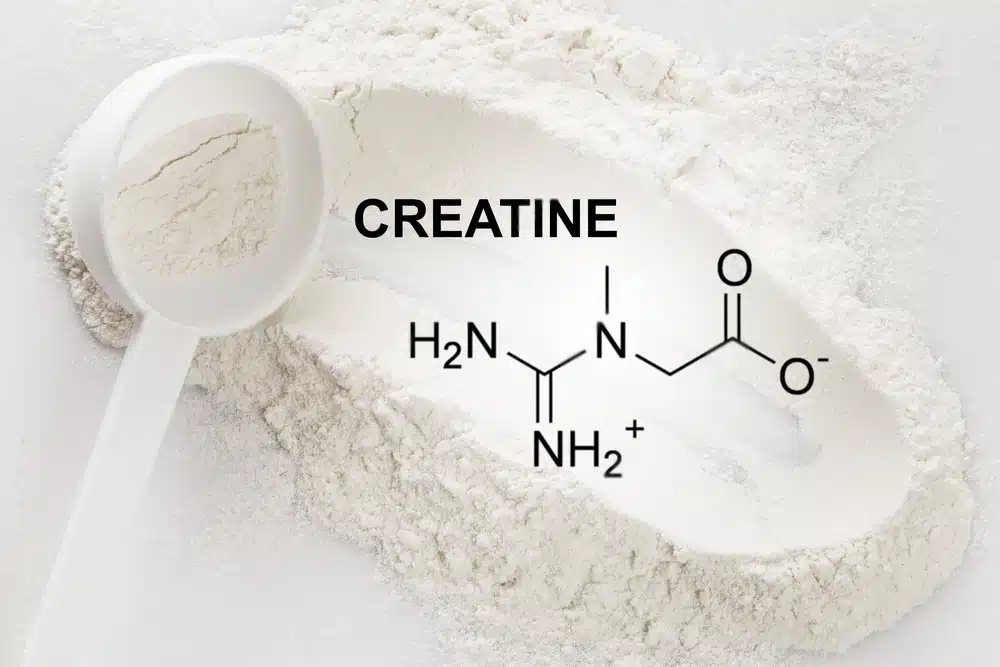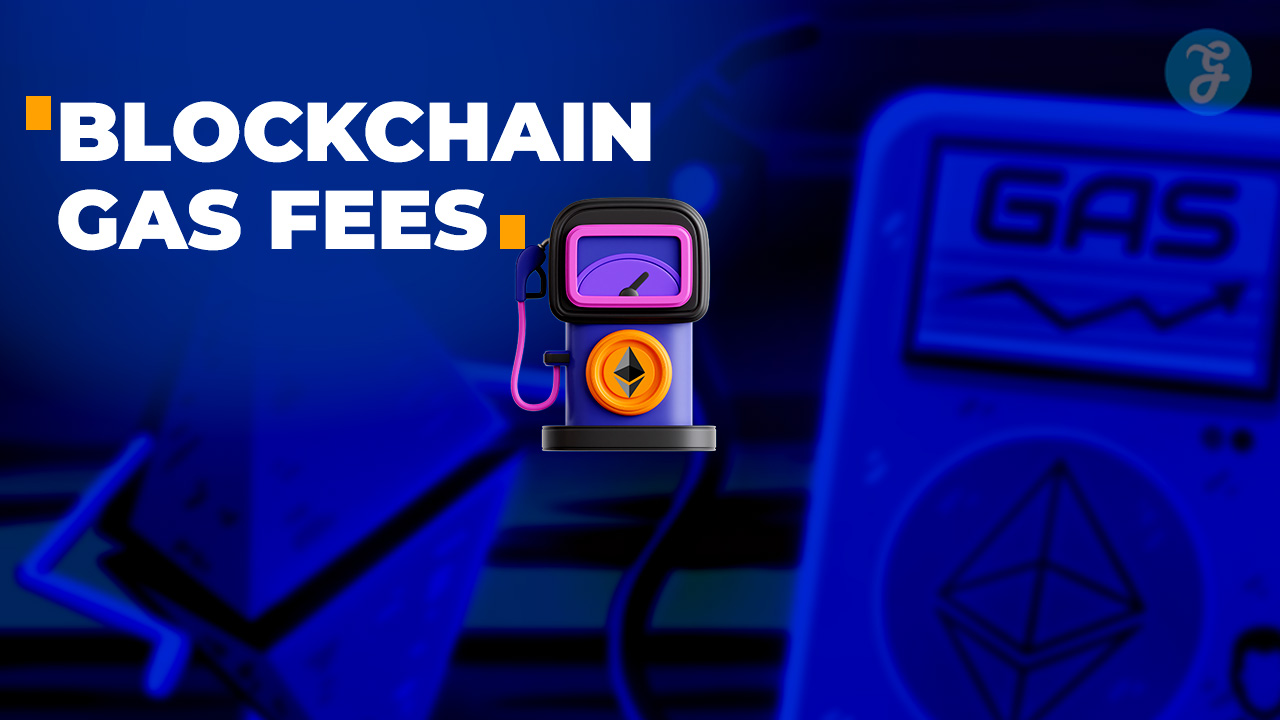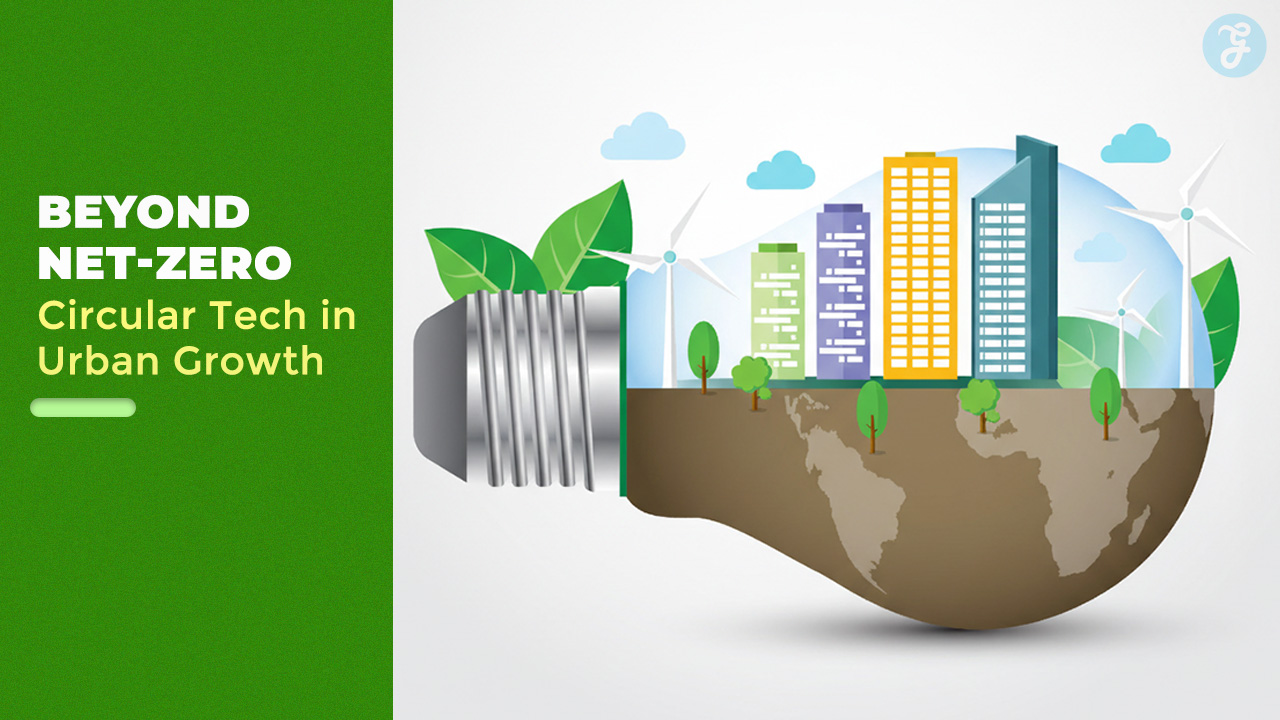Listen to the Podcast:
How much water should I drink on creatine? This is a general question that everyone asks. Water intake while taking creatine can be a puzzling part of fitness planning. Did you know that 3-4 litres of water daily is the recommended guideline when supplementing with creatine?
This blog post will show how much water one should drink while using creatine and provide practical tips to ensure optimal hydration. Get ready as we dive into your ultimate hydration guide for successful creatine supplementation!
Key Takeaways
- Adequate hydration is crucial when taking creatine, as water plays a vital role in the absorption and effectiveness of this supplement.
- Aim to drink around 3 – 4 litres (or approximately a gallon) of water daily while on creatine to ensure optimal hydration levels for peak performance.
- Factors such as individual body weight, level of physical activity, creatine dosage, ambient temperature and humidity, health conditions, and dietary habits should be considered when determining water intake while on creatine.
- Proper hydration helps maximize the benefits of creatine supplementation by enhancing absorption, promoting muscle growth and recovery, and reducing risks such as muscle cramping.
Importance of Hydration with Creatine
Proper hydration is crucial when taking creatine, as water plays a vital role in the absorption and effectiveness of this supplement.
How Water Affects the Absorption and Effectiveness of Creatine
Hydration plays a significant role in enhancing the absorption and effectiveness of creatine. Consuming adequate water helps your body dissolve and efficiently distribute creatine within your system.
This essential supplement, when combined with sufficient hydration, increases muscle creatine concentrations, according to findings by the International Society of Sports Nutrition (ISSN). In return, this elevated concentration potentially maximizes your physical performance levels.
Interestingly, proper hydration facilitates efficient absorption and amplifies the outcomes of taking creatine supplements. Water carries nutrients like creatine around your body’s cells; thus, depleted hydration levels might impair this transportation process.
A well-hydrated body ensures that plenty of water is available for nutrient dispersion at all times, indirectly boosting energy production and subsequent muscle development.
Benefits of Staying Hydrated While Taking Creatine
Proper hydration plays a pivotal role in maximizing the benefits of creatine supplementation. Drinking adequate water while taking creatine enhances its absorption and functionality. As an osmotically active substance, creatine instigates increased water retention inside muscle cells, thereby expanding them.
This process, called cell volumization, aids muscle growth and recovery post-workout.
Moreover, sufficient water intake assists in maintaining optimal hydration levels within the body when supplementing with creatine. It helps reduce potential risks such as muscle cramping—a common side effect faced by individuals who consume inadequate amounts of fluids with their creatine dosage.
Thus, keeping your body well-hydrated not only bolsters the effectiveness of this powerful supplement but also promotes overall health and performance during rigorous training sessions.
Read More: 6 Easy Steps to Mix Creatine With Protein Powder
Recommended Water Intake with Creatine
To ensure optimal hydration while taking creatine, it is essential to consider various factors and follow guidelines for water consumption.
Factors to Consider in Determining Water Intake
The volume of water you should drink while taking creatine depends on several factors.
- Individual Body Weight: Heavier individuals may need more water than lighter ones due to their larger muscle mass and increased creatine needs.
- Level of Physical Activity: More intense and lengthy exercise sessions increase the need for hydration.
- Creatine Dosage: Higher doses of creatine require a proportional increase in water consumption to improve absorption and avoid dehydration.
- Ambient Temperature and Humidity: These environmental conditions can affect sweat rate, necessitating greater water intake.
- Health Conditions: Certain conditions like kidney disease may restrict your water intake, so consult a medical professional if this applies to you.
- Dietary Habits: Consuming salty foods or alcohol can increase water requirements due to their dehydrating effects.
Guidelines for Water Consumption While on Creatine
To ensure optimal results while taking creatine, it is essential to maintain proper hydration. Here are some guidelines for water consumption while on creatine:
- Drink at least 8-12 ounces (240-360ml) of water with each serving of creatine. This will help to facilitate its absorption and enhance its effectiveness.
- Aim to drink an additional 300 – 500ml of water on top of your regular daily intake when supplementing with creatine. This will help to compensate for any extra water loss due to the supplement.
- Generally, consuming around 3 liters (or approximately 100 ounces) of water per day while taking creatine is recommended. This ensures that you stay adequately hydrated throughout the day.
- Mix your daily dosage of 3-5 grams of creatine monohydrate with 6-8 ounces (180-240ml) of water for optimal results. This ratio allows for easy consumption and absorption.
- Always take your creatine dose with at least 8 ounces (240 ml) of water to ensure proper dilution and absorption by the body.
- Remember that these guidelines apply whether you do a loading phase or opt for lower-dose daily supplementation.
Effects of Insufficient Water Intake on Creatine
Insufficient water intake while taking creatine can lead to dehydration, negatively affecting muscle cramps and overall performance.
Dehydration Risks and Symptoms
Dehydration can hurt your body, especially when you are taking creatine. It’s essential to be aware of the risks and symptoms associated with dehydration to ensure you stay hydrated and maximize the effectiveness of your creatine supplementation. Here are some key points to keep in mind:
- Headaches: Dehydration can often cause headaches, which can indicate that your body lacks water.
- Fatigue: When dehydrated, your body may feel tired and sluggish, making it harder to perform at your best during workouts or other physical activities.
- Muscle cramps: Dehydration can lead to muscle cramps, which can be painful and hinder your performance or daily activities.
- Thirst: Feeling excessively thirsty is one of the earliest signs of dehydration. Listening to your body and drinking water if you’re thirsty is essential.
- Dark urine: Your urine color is a good indicator of hydration levels. If your urine is dark yellow or amber, it may be a sign that you need to increase your water intake.
- Dizziness or lightheadedness: Dehydration can cause feelings of dizziness or lightheadedness, which can affect your balance and overall well-being.
Impact on Muscle Cramps and Performance
Proper hydration prevents muscle cramps and optimizes your performance while taking creatine. When you don’t consume enough water, the risk of dehydration increases, leading to painful muscle cramps during your workouts.
In addition to causing discomfort, these cramps can negatively impact your overall performance by hindering your strength and endurance. It’s important to prioritize adequate water intake alongside creatine supplementation to avoid this.
By staying properly hydrated, you’ll be able to support optimal muscle function and minimize the likelihood of experiencing debilitating muscle cramps that could hinder your progress toward achieving your fitness goals.
Myth Debunking: Creatine and Water Retention
Creatine is often associated with water retention, but it’s important to debunk this myth. While creatine can cause an initial increase in water weight, this is not the same as true water retention.
The temporary weight gain is due to increased muscle cell volume and improved hydration within the muscles rather than excess fluid stored under the skin. So don’t worry about bloating or retaining excessive water when taking creatine – it’s just a misconception!
Understanding Water Weight Gain With Creatine
Creatine monohydrate, a popular supplement among athletes and fitness enthusiasts, has been linked to water weight gain. However, it’s important to understand that this weight gain is primarily due to muscle water retention rather than fat accumulation.
Taking creatine causes fluid to be pulled into your muscle cells, giving them a fuller appearance and potentially making you appear more muscular.
Contrary to common misconceptions, this temporary increase in water weight does not lead to long-term weight gain or affect body composition. Studies have shown that the initial weight gain from creatine loading can range from 0.8% to 2.9% of your body weight.
While some individuals may experience bloating or a slightly puffy appearance due to the water-retention effect of creatine, it’s important to note that these effects are temporary and will subside once you stop taking the supplement.
Differentiating Between Water Retention and Muscle Growth
Creatine supplementation can sometimes lead to water retention in the body, causing a temporary increase in weight. It’s important to understand that this water weight differs from muscle growth.
Taking creatine attracts water and gets stored within your muscles, giving them a fuller and more pumped appearance. However, this does not mean that you are gaining actual muscle mass.
Muscle growth occurs through resistance training and proper nutrition, while water retention from creatine is simply a temporary effect of the supplement.
It’s crucial to remember that the water retained from creatine supplementation is mainly stored within your muscles and not outside of them. This means you don’t have to worry about looking bloated or “puffy” from taking creatine.
Tips for Staying Hydrated on Creatine
Stay hydrated while taking creatine by following these tips: increase your water intake, carry a water bottle with you at all times, set reminders to drink water throughout the day, and avoid consuming excessive amounts of caffeinated drinks.
Strategies to Increase Water Intake
- Carry a water bottle wherever you go, making it easily accessible and a constant reminder to drink.
- Set reminders or alarms on your phone or computer to prompt you to drink water regularly throughout the day.
- Flavor your water with fruits, herbs, or citrus slices to make it more enjoyable and encourage higher consumption.
- Keep track of your daily water intake using a hydration app or journal to stay accountable and ensure you meet your goals.
- Opt for water-rich foods such as fruits and vegetables, which contribute to your hydration and provide additional nutrients.
- Incorporate drinking water into your daily routine by having a glass before meals, during breaks at work, or while watching TV.
- Drink water with every meal and snack – make it a habit to have a full glass of water alongside every eating occasion.
- Drink a glass of water immediately upon waking up to kickstart your hydration for the day.
- Aim to finish one bottle of water before each workout session or physical activity to stay adequately hydrated during exercise.
- Avoid excessive caffeine and alcohol consumption, as both can lead to dehydration – replace these beverages with water whenever possible.
Proper hydration is essential for the absorption and effectiveness of creatine, so implementing these strategies will not only help increase your overall water intake but also enhance the benefits of supplementing with creatine. Stay hydrated and optimize your results!
Importance of Keeping a Water Bottle Handy
Staying hydrated while taking creatine is essential for optimal results. One of the simplest and most effective ways to ensure you drink enough water throughout the day is by keeping a water bottle handy.
Easy access to water allows you to hydrate yourself regularly and maintain proper fluid levels. This will support creatine absorption and help keep your muscles functioning at their best.
Remember, dehydration can negatively impact performance and increase the risk of muscle cramps, so make it a habit to always have a water bottle with you as a constant reminder to stay hydrated.
Combining Creatine with Caffeinated Drinks
Combining creatine with caffeinated drinks can potentially increase the risk of dehydration due to their diuretic effects, so it is important to be mindful of your water intake when consuming both substances.
The Potential Interaction Between Creatine and Caffeine
When it comes to combining creatine and caffeine, there is a lot of debate and ongoing research. Some studies suggest that consuming caffeine alongside creatine may hinder the effectiveness of creatine.
Caffeine can make it harder for your body to utilize creatine and may increase the risk of dehydration. However, other research shows caffeine ingestion does not alter creatine’s muscle-building effects.
Considering individual differences and consulting with a healthcare professional before combining these two substances is essential. While some athletes mix coffee with creatine to meet the physical demands of intense training, further research is needed to understand their interaction fully.
Recommendations for Consuming Both Substances
To maximize the benefits of creatine supplementation while consuming caffeine, it’s essential to keep a few recommendations in mind. Here’s what you need to know:
- Start with low to moderate caffeine intake: Begin by consuming a moderate amount of caffeine, such as 200-300 milligrams daily. This is roughly equivalent to one to two cups of coffee or two to three cups of tea.
- Time your consumption strategically: It’s recommended to separate the intake of creatine and caffeine by a few hours. This helps ensure optimal absorption and utilization of both substances.
- Be mindful of your overall caffeine intake: While consuming caffeine alongside creatine may not wholly negate its benefits, excessive caffeine consumption can lead to dehydration and other adverse effects. Be conscious of your total daily caffeine intake from various sources.
- Stay well-hydrated: As mentioned earlier, maintaining proper hydration is crucial when taking creatine and caffeine together. Aim for about a gallon of water or 3-4 liters daily to offset any potential dehydrating effects.
- Consider your individual tolerance: Everyone’s response to caffeine varies, so pay attention to how it affects your body. Consider reducing your caffeine consumption if you experience adverse side effects like jitters or disrupted sleep.
- Monitor any pre-existing health conditions: Certain individuals may have medical conditions that can be worsened by combining creatine and caffeine. If you have health concerns or are taking medications, consult your healthcare professional before starting any new supplement regimen.
The Optimal Creatine Dosage
To achieve the optimal dosage of creatine, following the loading and maintenance phases and considering low-dose daily supplementation is essential.
Loading and Maintenance Phases
During the loading phase of creatine supplementation, high doses of creatine are taken for 5-7 days before transitioning to lower maintenance doses. This phase aims to saturate the muscles with creatine quickly for optimal results. Here’s what you need to know about the loading and maintenance phases:
- The loading phase typically involves taking 20 grams (divided into four 5-gram servings) of creatine daily for 5-7 days.
- This higher dosage during the loading phase helps rapidly increase the muscle’s creatine stores.
- It is important to divide the daily dosage into multiple servings to ensure better absorption and avoid potential gastrointestinal discomfort.
- After completing the loading phase, it is crucial to transition to a lower maintenance dose to maintain optimal creatine levels in the muscles.
- A daily maintenance dose of 3-5 grams is sufficient for ongoing effectiveness for most individuals.
- The specific timing and method of taking creatine can vary based on personal preference, but it is generally used before or after training for the best results.
- Not exceeding 5,000 mg (5 grams) of creatine per serving is recommended during the loading phase.
- Some individuals may experience mild side effects during the loading phase, such as bloating, gastrointestinal discomfort, or weight gain. If necessary, listening to your body and adjusting the dosage is essential.
Low-dose Daily Supplementation
A low-dose daily supplementation is a popular approach for those looking to incorporate creatine into their fitness routine. A dosage of around 3-5 grams per day is recommended for optimal results.
This lower daily dose effectively increases muscle mass without necessarily causing water retention. It’s important to note that timing and intake duration are key factors, so incorporating creatine into your regular workout routine is crucial.
With long-term use, studies have found that up to 10 grams daily for up to 5 years is safe. Remember that the dosage may vary for women, but regardless of gender, staying adequately hydrated while on creatine is essential for maximizing its benefits.
Other Considerations When Taking Creatine
When taking creatine, it is essential to consider the effects of alcohol consumption on hydration and be aware of the risks and cautionary measures associated with overhydration.
Effects of Alcohol Consumption on Hydration
Regular and excessive alcohol consumption can have detrimental effects on hydration levels, impacting the effectiveness of creatine supplementation. Alcohol acts as a diuretic, meaning it increases urine production and leads to bodily fluid loss.
This diuretic effect can lead to dehydration and disrupt the body’s fluid balance, potentially diminishing the benefits of creatine. Additionally, alcohol consumption has been linked to muscle damage and impaired recovery processes, further hindering the positive effects of creatine on muscle growth and performance.
Be mindful of alcohol intake when taking creatine to maximize its potential benefits and support proper hydration for optimal results.
Overhydration Risks and Cautionary Measures
Overhydration, or drinking too much water, can also harm your health. Here are some cautionary measures to keep in mind:
- Stay within recommended water intake limits: While it’s essential to stay hydrated, drinking excessive amounts of water can lead to an electrolyte imbalance and hyponatremia (low sodium levels). Stick to the guidelines for water consumption mentioned earlier.
- Monitor your urine color: Pay attention to the color of your urine as an indicator of hydration levels. Clear or pale yellow urine usually means you’re well-hydrated, while dark yellow urine may signal dehydration. Aim for light, straw-colored urine.
- Don’t force excessive water intake: Hydration needs differ from person to person based on factors like body weight, physical activity level, and climate. Avoid forcefully consuming large amounts of water without considering your individual needs.
- Be cautious during intense workouts or long periods of sweating: During intense exercise sessions or activities that result in excessive sweating, it’s essential to replenish fluids lost through sweat. However, be mindful not to overhydrate excessively during these periods.
- Consider electrolyte supplementation: If you’re engaging in prolonged physical activity or losing a significant amount of fluid through sweating, consider adding electrolytes (such as sodium and potassium) back into your system through sports drinks or electrolyte supplements.
- Listen to your body: Pay attention to any signs of discomfort or unusual symptoms during creatine supplementation and maintain a balance between hydration and overhydration.
Final Words
In conclusion, staying properly hydrated is crucial when taking creatine. While there isn’t a specific answer to how much water you should drink while on creatine, consuming around 3-4 liters or a gallon of water each day is generally recommended.
Adequate hydration enhances the absorption and effectiveness of creatine, prevents dehydration risks, and optimizes muscle growth. Listen to your body’s thirst cues and keep that water bottle close for optimal results!
Frequently Asked Questions
Check out some commonly asked questions on the topic “How much water should I drink on creatine”
1. How much water should I drink while taking creatine?
It is recommended to drink at least 8-10 glasses (64-80 ounces) of water per day while taking creatine to stay properly hydrated and support the absorption of the supplement.
2. Can I drink too much water when using creatine?
While it’s essential to stay hydrated, drinking excessive amounts of water when using creatine can put a strain on your kidneys. Stick to a moderate amount of daily water intake within the recommended range.
3. Should I adjust my water intake based on my body weight or activity level?
Individuals with higher body weights, intense workout routines, or those living in hot climates may need to increase their water intake while taking creatine. It’s important to listen to your body and adjust accordingly.
4. Are there any signs that indicate I’m not drinking enough water on creatine?
Signs that you may not drink enough water while taking creatine include increased muscle cramps, dehydration symptoms like dry mouth or dark urine, and decreased exercise performance. Stay mindful of these indicators and ensure adequate hydration throughout the day.
Disclaimer: This content is for informational purposes only and does not replace professional medical advice, diagnosis, or treatment. This information is not comprehensive and should not be used to make health or well-being decisions. Consult a qualified healthcare professional with questions about a medical condition, treatment options, or health regimen. This website or the content should never replace professional medical advice.











































